Quail Eggs: 18 Important Health Benefits, Nutrition, And Side Effects
All the must-know reasons and benefits to make you include quail eggs in your diet.
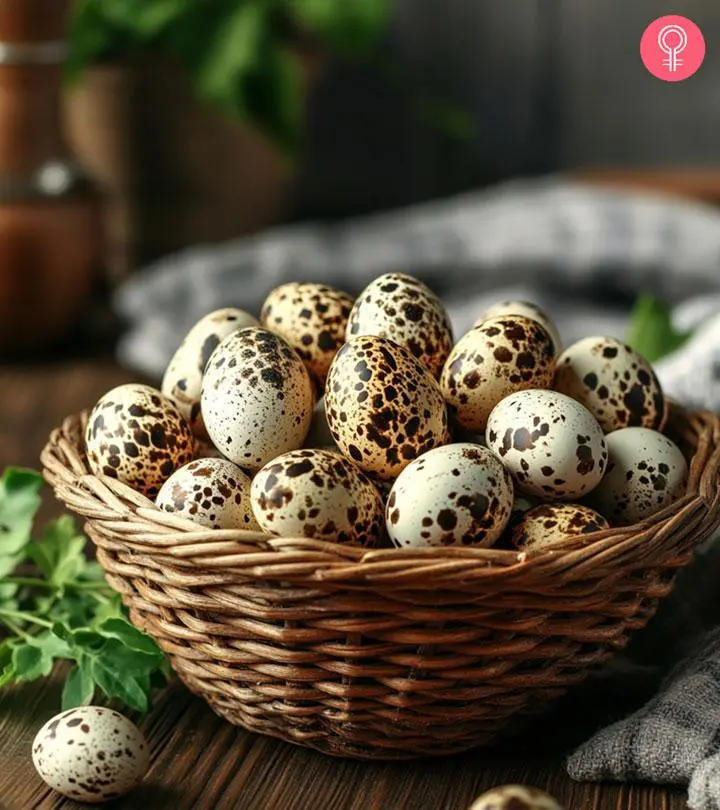
Image: Midjourney/ StyleCraze Design Team
Quail eggs are small, nutrient-dense eggs from quails. These medium-sized birds are found in Asia and Europe, and are scientifically known as Coturnix-coturnix japonica. Are quail eggs good for you? Yes, quail eggs benefit human health in many ways. In history, they have been used in Chinese medicine for treating many health issues.

Today, quails are as common in poultry farming as chickens. Their many health benefits and their delicious taste have led to their local and international popularity. They do well in a free-range and organic environment and dishes made with their eggs have become a trend, thanks to mukbang culture. There is also a high market demand for them in gourmet dishes.
These eggs were identified as sustainable food in underdeveloped countries and also as an alternative food resource by The Food and Agriculture Organization (FAO). This development can be attributed to their high nutrient content. Bodybuilders use these eggs as dietary supplements.
Learn more about the many benefits quail eggs offer, their nutrition facts, and the side effects associated with their overconsumption. Continue reading.
 Know Your Ingredient: Quail Egg
Know Your Ingredient: Quail EggWhat Is It?
Egg of a quail bird that are small and nutrient-dense.
What Are Its Benefits?
May help treat allergies, help in diabetes management, and aid in detoxification.
Who Can Consume It?
Everyone can consume quail eggs except for those with low blood pressure.
How Often?
It can be consumed daily in moderation.
Caution
Avoid consuming this egg if you have low immunity.
In This Article
Quail Egg Nutrition
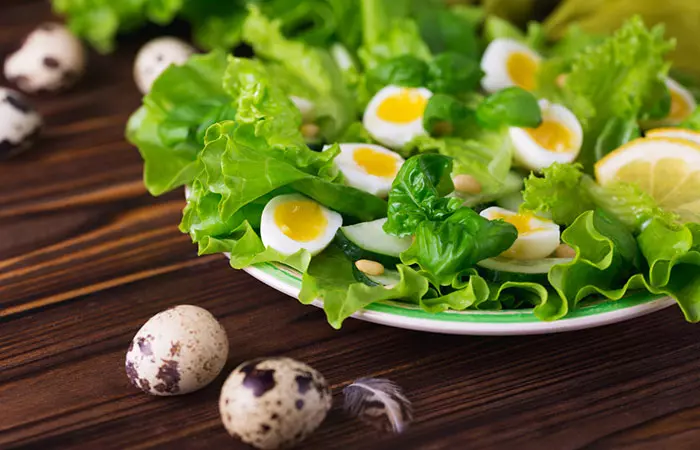
Mary Sabat, MS, RD, LD, says, “Quail eggs are considered a delicacy in many parts of the world. They are a healthy and delicious way to add more protein, vitamins, and minerals to your diet, so enjoy them in moderation. A single quail egg is only 14 calories yet provides a large dose of vitamin B12, selenium, riboflavin, and choline along with some iron.”
- Quail eggs are rich in calories (158), total fat (11 g), saturated fat (3.6g), cholesterol (844 mg), sodium(141 mg), protein (13 g), vitamin D (55 mcg) calcium (64 mg), iron (3.65 mg), and potassium (132 mg) (1).
- They are also rich in antioxidants, selenium, lecithin, iodine, and choline (1).
 Trivia
TriviaQuail eggs have been known to improve immunity, boost bone health, manage diabetes, promote healthy skin, and prevent hair loss. They are also claimed to help manage depression and improve sexual health and eyesight. Let us look at these benefits in detail.
Key Takeaways
- Quail eggs may help in managing diabetes and improve heart and bone health.
- You can consume them in boiled, fried, or raw form to boost vision and immunity.
- Overconsumption of quail eggs may result in low blood sugar levels and blood pressure.
- You can consume 3 to 5 quail eggs daily as part of your diet.
18 Health And Beauty Benefits Of Quail Eggs
1. Quail Eggs Are Nutrient-Rich
Quail eggs are three to four times more nutritious than chicken eggs. Quail eggs contain 13% protein, while chicken eggs contain only 11%. They also have almost 3 times more vitamin B1 and double the vitamin B2 and vitamin A as chicken eggs (1), (2).
Sabat adds, “Quail eggs would not stand out as a particular food for weight loss. However, they are nutrient-dense, so they can help with weight loss when eaten as part of a healthy, balanced diet.”
According to USDA’s national nutrient database, a quail egg is rich in vitamin E, amino acids, fatty acids, iron, and zinc (1), (2), (3). In certain cases, chicken eggs can cause allergic reactions with symptoms such as nausea, vomiting, stomach ache, and rashes (4). Quail eggs, on the other hand, are hypoallergenic and safe to consume.
2. May Help In Treating Respiratory Disorders
Ancient medicinal practices involved using quail eggs to treat asthma and Bronchitisi A lung condition characterized by the irritation of the bronchial tubes, resulting in coughing, mucus production, and breathing trouble. . A study published in Food Science & Nutrition found a dietary supplement with quail eggs to be effective in easing the symptoms of allergic rhinitisi It is the inflammation of the inside of the nose caused by allergens like dust and pollen, which causes sneezing and watery eyes. (5).
3. May Help Treat Allergies
Quail eggs may help treat allergies because of the presence of ovomucoid, an enzyme (trypsin) inhibitor (6).
Sabat says, “Quail eggs have also been known to help with asthma, allergies, and other respiratory issues. They are also a good source of protein and healthy fats, which can help with inflammation.”
A study conducted in China on mice found that quail eggs may help soothe the symptoms of food allergies. They inhibited the activity of transcription factors that regulate the pathways involved in the inflammation of the esophagus (7). However, research is required on human subjects to prove this benefit.
4. May Help Manage Diabetes
Quail eggs have been implicated in managing diabetes. A study conducted on diabetic rats has shown that quail eggs reduce blood glucose and creatinine levels. It also showed positive effects on kidney functions (8).
Eating these eggs regularly can also reduce the risk of developing diabetes and kidney disorders (9).
Quail egg have a low glycemic index. Thus, it releases sugar slowly into your blood, which helps in regulating blood glucose levels (10).
5. May Reduce The Risk Of Anemia
Iron is an important structural component of our red blood cells, which carry oxygen to all the cells of our body. Quail eggs are a rich source of iron (1), (3). Iron deficiency can cause Anemiai A disorder where the blood does not contain enough hemoglobin or healthy red blood cells, causing weakness, exhaustion, and pale complexion (11). Therefore, including quail eggs in your diet can improve your circulatory system.
Quail eggs have 5 times more potassium than chicken eggs (1), (2). Potassium is an essential mineral involved in several important functions of the body. It is a natural Vasodilatori A medicine that dilates the blood arteries, increasing blood flow and lowering blood pressure. , so it can open and relax your blood vessels (12).
This helps keep blood pressure in check and regulates hypertension.
6. May Help In Detoxing
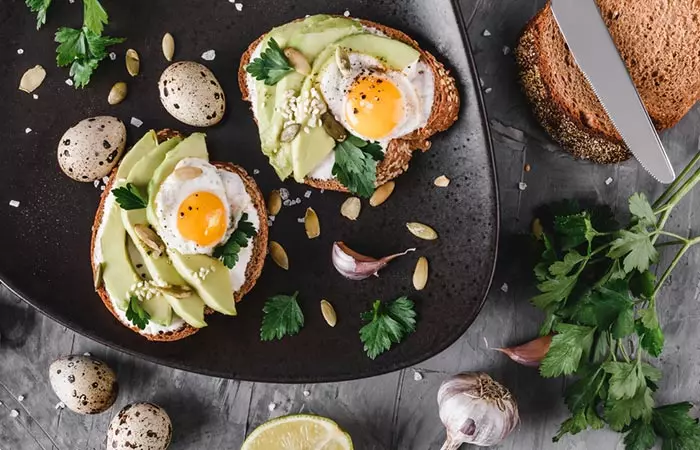
Quail eggs contain antioxidants like beta-carotene and vitamins A, C, and E (1). Antioxidants fight the harmful free radicals (toxins) and help in removing them from your body (13). The water content in quail eggs is also high (1). This helps flush out toxins from the system.
Studies conducted on rats found that quail eggs can protect the liver cells against chemically-induced damage in rats. The compounds in quail eggs stabilize enzymes such as alanine aminotransferase and alkaline phosphatase in the liver (14). This hepatoprotectivei The ability of a chemical substance to prevent damage to the liver and heal liver injury caused by toxic agents. activity of quail eggs needs to be studied in humans to understand how it helps in preventing the degeneration of liver cells.
7. May Relieve Stomach Pain
Quail eggs have been used as a home remedy for treating Gastritisi An inflammatory condition of the stomach lining, which frequently results in indigestion, bloating, nausea, and abdominal pain. for many centuries. They contain antioxidants and amino acids (15). These compounds are said to restore the mucous cells of the stomach lining. It is claimed consuming quail eggs regularly can help treat abdominal disorders such as stomach aches and stomach ulcers. However, there is no research to back this claim.
8. May Improve Vision
Quail eggs are rich in vitamin A (1). Vitamin A can protect your eyes from degeneration and reduce the risk of cataracts and glaucomai A group of eye conditions that damages the optic nerve, which can cause vision loss and sometimes blindness. (16).
9. May Improve Immunity And Boost Metabolism
Quail eggs are rich in antioxidants and vitamin B (1), (15). These nutrients may improve metabolism as they are involved in various cellular processes, such as cell growth and cell regulation.
Leucine, an amino acid that is essential in maintaining a robust immune system, is also found in quail eggs (1).
10. May Help Reduce Cholesterol And The Risk Of Heart Diseases
Quail eggs contain around 60 % of essential fats, i.e., high-density lipoprotein (HDL) or good cholesterol (1). This healthy fat lowers the level of bad cholesterol or LDL in your body. Excess low-density lipoprotein (LDL) can clog the arteries and cause atherosclerosisi The build-up of cholesterol, fat, and other substances on the walls of the artery, leading to the blockage of blood vessels. . Thus, consuming quail eggs may help in preventing various heart-related diseases. However, there is not enough scientific studies or proof to support this claim.
11. May Help Prevent Cancer
The high concentration of antioxidants in quail eggs helps in removing toxins from your body (15). The presence of antioxidants in high concentrations can help reduce oxidative stress. When left unchecked, the free radicals increase the risk of mutations in the DNA and cancer.
Quail egg yolks contain lecithin. Lecithin is involved in cellular repair and combating cellular damage (17).
The egg white of this egg also contains ovomucoid, an anticancer agent that inhibits the growth of tumors (18).
12. May Improve Skin Health
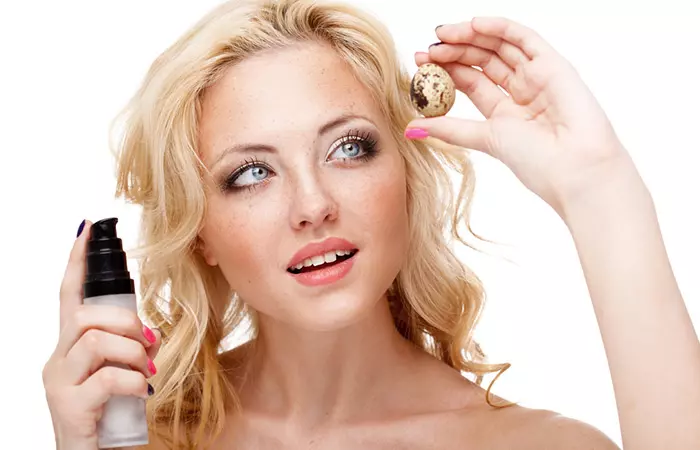
As we have mentioned before, quail eggs contain antioxidants (15). These antioxidants may help in protecting the skin from sun damage and fight the signs of aging (19).
Quail eggs contain lysine, an amino acid (1). Lysine helps in the production of collagen (20). Collagen is essential for healthy skin as it is responsible for its elasticity. Thus, quail eggs may help control acne and improve complexion. Anecdotal evidence also suggests that sunburns can be treated through the topical application of raw quail eggs.
13. May Improve Hair Quality
Quail eggs contain zinc, iron, selenium, amino acids, and vitamins A, B, C, and E which are beneficial for healthy hair and scalp and preventing hair loss (1), (21).
These also contain antioxidants (15). These may help capture the toxic free radicals and reduce hair loss and premature graying.
Apart from including quail eggs in your diet, you can apply it to your hair to condition it.
14. May Be Helpful During Pregnancy
Quail eggs are beneficial to pregnant women as they have high amounts of choline and vitamin B12 (1). Choline is important for the development of the fetal brain (22). These eggs are also rich in proteins and essential nutrients such as zinc, selenium, and iron (1).
Quail eggs have traditionally been consumed by women during and after pregnancy as there’s a belief that it is good for lactation. Research on the effect of quail eggs on lactating mice showed that despite their high cholesterol content, they did not affect the lipid profile or bodyweight of the mice (23). More research is required for human subjects in this area.
In comparison to chicken eggs, which could carry infections such as salmonella, quail eggs are a safer alternative. However, raw quail eggs should be avoided during pregnancy. Still before consuming even cooked quail eggs during pregnancy or lactation, it is always best to take your nutritionist or doctor’s advice.
15. May Help Treat Sexual Disorders
Quail eggs were used in traditional Chinese medicine to treat sexual disorders and improve virility. The nutrients in quail eggs are said to benefit the prostate gland, though research in this area is scarce. A study conducted on diabetic mice showed that quail egg yolks can help repair testicular damage (24).
16. May Treat Kidney Disorders And Prevents Bladder Stones
Quail eggs are rich in antioxidants that chelate (remove) toxic heavy metals and free radicals from the body (15). Antioxidants can prevent the formation of stones in the kidneys and bladder (25).
17. May Strengthen Bones, Teeth And Nails

Regularly consuming quail eggs is said to strengthen your bones. They contain essential nutrients for bone development, such as vitamin D and lysine (1). Vitamin D regulates the amount of other minerals involved in bone health, such as phosphorus and calcium (26). Thus, including quail eggs in the diet may reduce the risk of osteoporosisi A condition that degrades bone mineral density and mass, making them brittle and weak. .
These nutrients are also claimed to strengthen teeth and nails. Since quail eggs are a rich source of protein, they may help in preventing your nails from getting brittle. Consuming calcium-rich quail eggshells may also help in preventing calcium deficiency. However, there is not enough research to prove the same.
18. May Help Relieve Depression
Quail eggs contain nutrients like choline and vitamin D that are essential for brain health (1). Choline is important for the synthesis of Neurotransmittersi Chemical messengers that influence mood, behavior, and physiological processes by sending signals between the nerve cells (neurons) in the brain and body. (27). Vitamin D may be effective in reducing depressive symptoms, though more research is required in this area (28). Anecdotal evidence also suggests that quail eggs can subdue the effects of post-menopausal depression.
If you are already into eggs and looking for a healthy alternative to quail eggs, exploring duck egg benefits can be a good choice. Duck eggs are another excellent source of protein and essential nutrients that can be added to your diet.
Who knew something as obscure as a quail egg could be so great for your health? So, it’s only right that you add it to your diet! Check out the next section to find out how.
What Is The Best Way To Eat Quail Eggs?
Quail eggs can be substituted for regular eggs in most recipes. Most often, quail eggs are included in salads, appetizers, and Japanese bento lunch boxes. They are commonly used in many delectable east Asian dishes. This high protein snack can be boiled, fried, baked, grilled, and pickled.
Kyle Hepworth, a blogger, tried canned quail eggs and shared his experience in a blog post. He says, “O.K. The whites are a touch leathery. Not much flavor there. The yolks are a bit softer than I expected. Kind of creamy almost, with a flavor slightly gamier and grassier than standard non-canned chicken yolks. With no other flavors to speak of, the creamy, gamey yolk takes over my mouth. It’s not a powerful flavor, but it is unpleasant and persistent (i)”.
 Quick Tip
Quick TipWondering how to boil, fry, bake, grill, and pickle quail eggs as a beginner? Find out in the following section.
How To Prepare Quail Eggs
Here is how to prepare quail eggs in different ways:
Boil
- Add quail eggs to a pot of boiling water.
- Boil for 2-3 minutes for soft-boiled or 4-5 minutes for hard-boiled eggs.
- Drain and transfer to cold water.
- Peel and enjoy.
Fry
- Heat oil in a pan.
- Crack a quail egg into it.
- Cook until the whites are set and yolk is to your desired consistency.
Bake
- Preheat your oven to 350°F.
- Grease a small baking dish and crack the quail eggs into it.
- Add seasoning and topping of your choice and mix well.
- Bake for 8-10 minutes.
Grill
- Boil and peel the quail eggs.
- Mix soy sauce, honey, chili flakes, and minced garlic to prepare a marinade.
- Skewer the boiled quail eggs and brush them with the marinade.
- Heat your grill to medium heat and grill the eggs for 2-3 minutes.
- Keep turning them to ensure they are evenly grilled.
Pickle
- Boil and peel quail eggs.
- Add 1 cup water with 1⅓ cup white vinegar, ⅓ cup sugar, and 2 tablespoons salt to a pan. You may also add any other spices of your choice.
- Bring it to a boil.
- Add the peeled eggs to a jar and pour the hot brine over them.
- Let it cool and refrigerate for 1-2 days before serving.
You can also include quail eggs in your diet through some delicious recipes. Check out the next section to learn more.
Quail Egg Recipes
1. Quail Egg And Avocado Toast
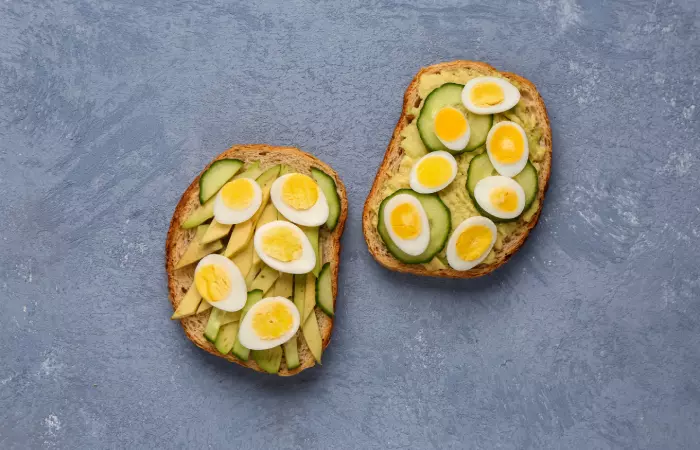
Ingredients
- 2 quail eggs
- 1 ripe avocado
- 2 slices of bread
- Salt and pepper, to taste
Instructions
- Toast the bread slices.
- Mash the ripe avocado and add a pinch of salt and pepper.
- Fry the quail eggs.
- Spread the mashed avocado on the toasted slices.
- Top them with fried quail eggs and season.
- Serve and enjoy.
2. Quail Egg Salad
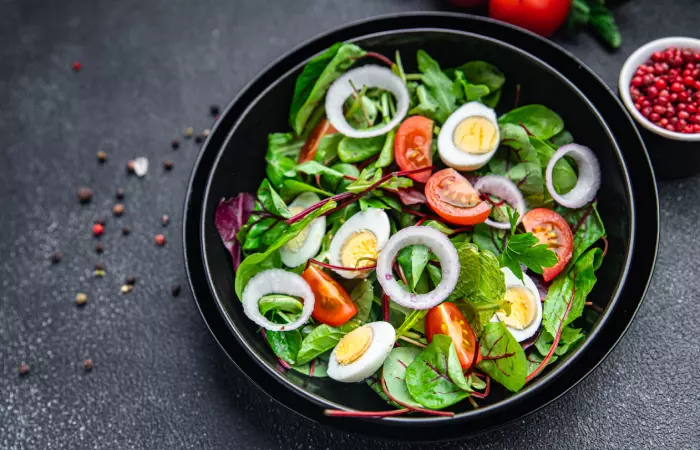
Ingredients
- 6 to 8 quail eggs
- 1 cup of chopped lettuce
- 1 cup of cherry tomatoes
- Your favorite salad dressing
Instructions
- Boil the quail eggs, peel, and halve them.
- Place the lettuce on a plate.
- Add the cherry tomatoes and halved quail eggs.
- Drizzle with your preferred salad dressing.
- Gently toss and enjoy.
You can also use these eggs in DIY home remedies for your skin and hair.
1. As A Skin-Tightening Face Mask
You Will Need
- One quail egg
- Lemon juice
Process
- Whisk the lemon juice and quail egg together.
- Apply the mixture evenly to your face.
- Leave the face mask on for 10 minutes until it dries partially.
- Wash it off with lukewarm water before it tightens too much.
2. As A Hair Conditioner
You Will Need
- One quail egg (You can use more eggs depending on the length of your hair)
Process
- Whisk the quail egg and apply it evenly to your hair, from roots to tips. Make sure you coat every hair strand.
- Leave it on for 15 minutes.
- Wash off the hair mask with cool water to avoid “cooking” the eggs.
- Shampoo and condition your hair as usual.
Now, you must be wondering how many quail eggs you can eat in a day. Find out the answer below!
How Many Quail Eggs Can You Eat In A Day?

A single quail egg weighs around 10 g. Consuming anywhere between 3 to 5 quail eggs is recommended to replace one chicken egg, which weighs around 50 g (29). There is debate around the upper limit for the consumption of quail eggs. However, it is best not to consume more than 10 in a day as they are rich in cholesterol. The number of quail eggs that can be consumed depends on your age and health status.
Side Effects Of Quail Eggs
Quail eggs are safe to consume in moderation. Consult a medical professional if you experience symptoms such as bloating, flatulence, or stomach ache. Although quail eggs are considered safe for pregnant women, consult a doctor before including them in your diet.
Hypoglycemia And Low Blood Pressure
People who are hypoglycemici A condition in which blood glucose levels are excessively lower than the standard range. or hypotensive should avoid eating too many quail eggs as they can lower your blood sugar level and blood pressure (10), (12). However, there is a misconception that quail eggs must be completely avoided by those with low blood sugar and blood pressure levels. In truth, it is fine to eat them as long as they are taken in moderation.
People With Allergies
People who are sensitive to quail eggs should avoid eating them as they have been reported to cause anaphylactic reaction (30).
Infographic: 9 Surprising Health Benefits Of Quail Eggs
Quail eggs may be small, but do not let their size discount their immense health benefits. It can be quite surprising to find out that something so tiny can have such a significant impact on your health. Check out the infographic to learn all the great reasons to include quail eggs in your diet.
Some thing wrong with infographic shortcode. please verify shortcode syntax
Quail eggs are smaller and more nutritious than chicken eggs. They are rich in protein, minerals, vitamins, and bioactive compounds. The benefits of quail eggs are many. They help manage diabetes, improve circulation, and relieve stomach pain. They also may help boost vision, immunity, and metabolism. The hypoallergenic nature of quail eggs makes them an ideal alternative for people with allergies. Children, pregnant women, and the elderly should consume quail eggs for optimum nutrition. However, excess intake of these eggs may lower your blood sugar and blood pressure levels way too much. Consult your doctor if you experience any adverse effects.
Frequently Asked Questions
Can quail egg help treat gout?
According to Mary Sabat, “Quail eggs are not known to be effective for treating gout, and they are not particularly high in histamine.”
How many minutes should you boil quail eggs?
Quail eggs can be boiled for 2 to 3 minutes. Be careful while removing the shell because it is quite delicate and soft. Put the boiled quail eggs in cold water or ice to remove the shells easily.
How do quail eggs taste?
Quail eggs taste similar to chicken eggs except for a mild gamy flavor. They have a creamier and richer texture than chicken eggs.
Can you fry a quail egg?
Frying quail eggs is quite similar to frying chicken eggs. Heat a pan and add oil. Carefully crack the eggs in the pan. After the egg has fried, you can flip it or have it sunny side up.
How many quail eggs per day can you eat during pregnancy?
There is no data on how many quail eggs one can consume during pregnancy. Care should be taken that it does not exceed the recommended daily values. It is better to reduce the consumption of other foods with high vitamin A when you are eating quail eggs as they are also high in this vitamin. Eating up to ten quail eggs should be beneficial.
Which has more cholesterol — chicken egg or quail egg?
Quail eggs have more cholesterol than chicken eggs. A single serving of quail egg contains 422 mg of cholesterol, while chicken egg contains 211 mg.
Is eating raw quail eggs safe?
Quail eggs can be consumed raw. They do not run the risk of salmonella infection, which is common in raw chicken eggs. However, it is safer to avoid raw quail eggs.
How long do quail eggs last in the fridge?
Quail eggs can remain good for up to 5-6 weeks when refrigerated below 40°F.
How do you know if a quail egg is bad?
You can determine the egg quality with a simple hack. Put them in a water bowl. The old eggs will float in water, while the good ones will sink. Moreover, fresh quail egg shells appear rough and matte. If they appear glossy, the eggs are old.
Illustration: Important Health Benefits Of Quail Egg, Nutrition, And Side Effects
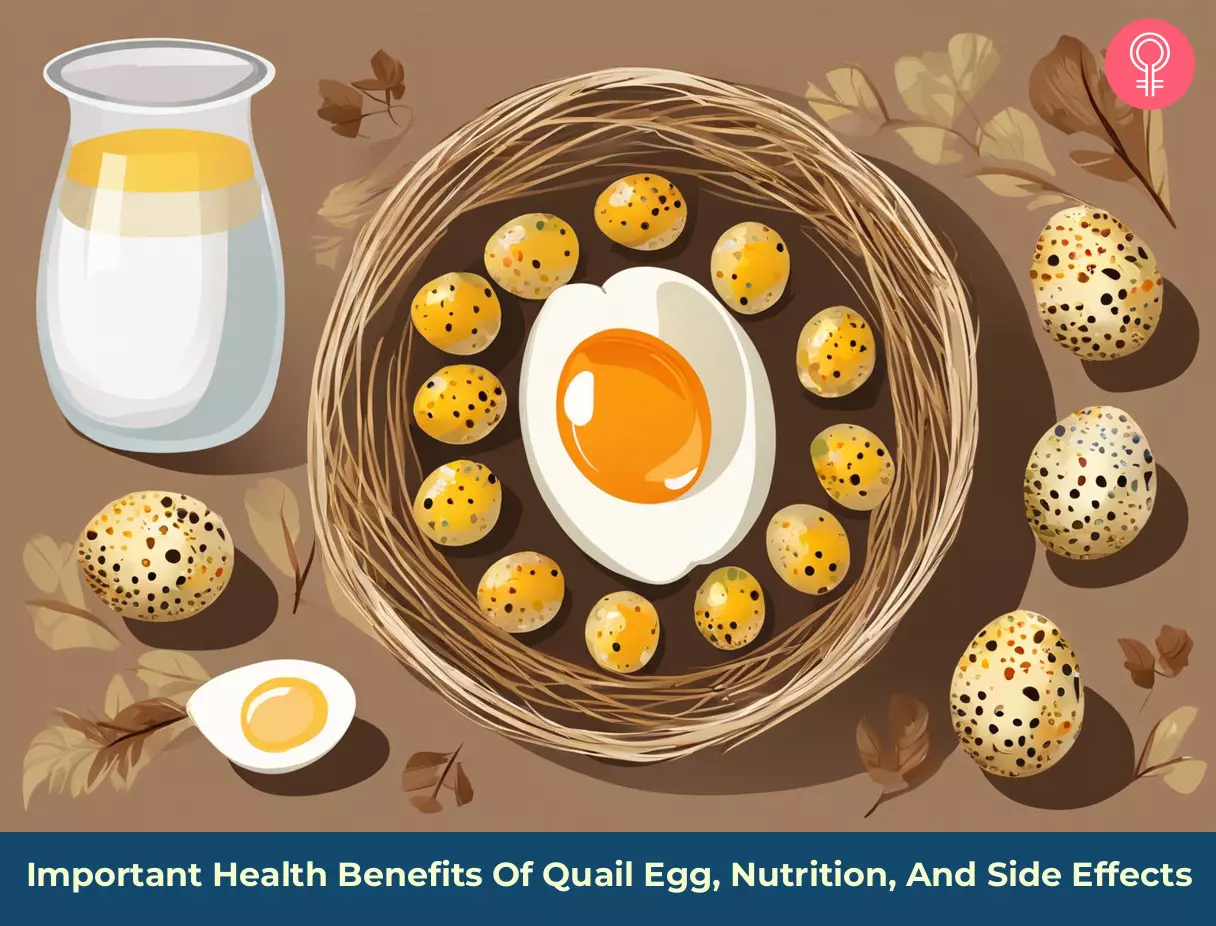
Image: Stable Diffusion/StyleCraze Design Team
References
Articles on StyleCraze are backed by verified information from peer-reviewed and academic research papers, reputed organizations, research institutions, and medical associations to ensure accuracy and relevance. Read our editorial policy to learn more.
- “Egg, quail, whole, fresh, raw.” FoodData Central, US Department Of Agriculture.
https://fdc.nal.usda.gov/fdc-app.html#/food-details/172191/nutrients - “Egg, whole, raw, fresh.” FoodData Central, US Department Of Agriculture.
https://fdc.nal.usda.gov/fdc-app.html#/food-details/171287/nutrients - Tolik, Dominika, et al. “Characteristics of egg parts, chemical composition and nutritive value of Japanese quail eggs–a review.”Folia Biologica 62.4 (2014): 287-292.
https://pubmed.ncbi.nlm.nih.gov/25916155/// - Dhanapala, Pathum, et al. “Cracking the egg: An insight into egg hypersensitivity.”Molecular immunology 66.2 (2015): 375-383.
https://www.sciencedirect.com/science/article/pii/S0161589015003752 - Benichou, Annie‐Claude, et al. “A proprietary blend of quail egg for the attenuation of nasal provocation with a standardized allergenic challenge: a randomized, double‐blind, placebo‐controlled study.”Food science & nutrition 2.6 (2014): 655-663.
https://www.ncbi.nlm.nih.gov/pmc/articles/PMC4256569/ - Papamokos, Evangelos, et al. “Crystallographic refinement of Japanese quail ovomucoid, a Kazal-type inhibitor, and model building studies of complexes with serine proteases.”Journal of molecular biology 158.3 (1982): 515-537.
https://www.sciencedirect.com/science/article/abs/pii/0022283682902121 - Lianto, Priscilia, et al. “Quail egg homogenate alleviates food allergy induced eosinophilic esophagitis like disease through modulating PAR-2 transduction pathway in peanut sensitized mice.”Scientific reports 8.1 (2018): 1-14.
https://www.ncbi.nlm.nih.gov/pmc/articles/PMC5773610/ - Adewoye, E. O., T. E. Adekeye, and A. O. Ige. “Effects of quail egg on kidney functions in alloxan induced diabetic Wistar rats.”African journal of medicine and medical sciences 44.4 (2015): 355-360.
https://pubmed.ncbi.nlm.nih.gov/27462698// - Lontchi-Yimagou, Eric, et al. “Metabolic effects of quail eggs in diabetes-induced rats: comparison with chicken eggs.”Food & nutrition research 60.1 (2016): 32530.
https://www.ncbi.nlm.nih.gov/pmc/articles/PMC5055609/ - “Effects of Various Concentrations of Quail Egg Solution on Glycemia and Antioxidant Parameters of Alloxan-induced Diabetic Rats”
https://www.researchgate.net/publication/284710248_Effects_of_Various_Concentrations_of_Quail_Egg_Solution_on_Glycemia_and_Antioxidant_Parameters_of_Alloxan-induced_Diabetic_Rats - Abbaspour, Nazanin, Richard Hurrell, and Roya Kelishadi. “Review on iron and its importance for human health.”Journal of research in medical sciences: the official journal of Isfahan University of Medical Sciences 19.2 (2014): 164.
https://www.ncbi.nlm.nih.gov/pmc/articles/PMC3999603/ - Haddy, Francis J., Paul M. Vanhoutte, and Michel Feletou. “Role of potassium in regulating blood flow and blood pressure.” American Journal of Physiology-Regulatory, Integrative and Comparative Physiology 290.3 (2006): R546-R552.
https://pubmed.ncbi.nlm.nih.gov/16467502/ - Sen, Saikat, et al. “Free radicals, antioxidants, diseases and phytomedicines: current status and future prospect.”Int J Pharm Sci Rev Res 3.1 (2010): 91-100.
https://www.researchgate.net/publication/261912585 - Umar, Dandare Shamsudeen, et al. “Hepatoprotective effect of Quail egg against carbon tetra chloride (CCl4) induced hepatic damage in albino rats.”Pharmacognosy Journal 7.2 (2015).
https://www.researchgate.net/publication/271271954 - Oladipo, Gideon O., and Emmanuel O. Ibukun. “BioActivities of Coturnix japonica (quail) egg yolk and albumen against physiological stress.”Food science & nutrition 5.2 (2017): 334-343.
https://www.ncbi.nlm.nih.gov/pmc/articles/PMC5332265/ - Ramdas, Wishal D., Jan SAG Schouten, and Carroll AB Webers. “The effect of vitamins on glaucoma: a systematic review and meta-analysis.”Nutrients 10.3 (2018): 359.
https://www.ncbi.nlm.nih.gov/pmc/articles/PMC5872777/ - Balaguru, S., D. Ramya Devi, and BN Vedha Hari. “Identification and exploration of lecithin from novel sources and its applications.”Asian Journal of Chemistry 26.12 (2014): 3736.
https://www.researchgate.net/publication/266895418 - Abeyrathne, E. D. N. S., H. Y. Lee, and D. U. Ahn. “Egg white proteins and their potential use in food processing or as nutraceutical and pharmaceutical agents—A review.”Poultry Science 92.12 (2013): 3292-3299.
https://pubmed.ncbi.nlm.nih.gov/24235241// - Ames, Bruce N., Mark K. Shigenaga, and Tory M. Hagen. “Oxidants, antioxidants, and the degenerative diseases of aging.”Proceedings of the National Academy of Sciences 90.17 (1993): 7915-7922.
https://www.ncbi.nlm.nih.gov/pmc/articles/PMC47258/ - Yamauchi, Mitsuo, and Masashi Shiiba. “Lysine hydroxylation and cross-linking of collagen.” Post-translational Modifications of Proteins. Humana Press, 2008. 95-108.
https://pubmed.ncbi.nlm.nih.gov/18373252/ - Wang, Bin, et al. “Keratin: Structure, mechanical properties, occurrence in biological organisms, and efforts at bioinspiration.”Progress in Materials Science 76 (2016): 229-318.
https://www.sciencedirect.com/science/article/pii/S0079642515000596 - Zeisel, Steven H. “Nutritional importance of choline for brain development.”Journal of the American College of Nutrition 23.sup6 (2004): 621S-626S.
https://www.tandfonline.com/doi/abs/10.1080/07315724.2004.10719433 - Saraswati, Tyas Rini, and Sri Isdadiyanto. “The effect of organic quail egg supplementation on the blood lipid profile of white mice (Rattus Norvegicus L.) during the lactation period.”Journal of Physics: Conference Series. Vol. 1025. No. 1. IOP Publishing, 2018.
https://www.researchgate.net/publication/325446113 - Oladipo, Gideon Oludare, et al. “Quail (Coturnix japonica) egg yolk bioactive components attenuate streptozotocin-induced testicular damage and oxidative stress in diabetic rats.”European journal of nutrition 57.8 (2018): 2857-2867.
https://link.springer.com/article/10.1007/s00394-017-1554-4 - Kizivat, Tomislav, et al. “Antioxidant pre-treatment reduces the toxic effects of oxalate on renal epithelial cells in a cell culture model of urolithiasis.”International journal of environmental research and public health 14.1 (2017): 109.
https://www.ncbi.nlm.nih.gov/pmc/articles/PMC5295359/ - Laird, Eamon et al. “Vitamin D and bone health: potential mechanisms.” Nutrients vol. 2,7 (2010): 693-724.
https://www.ncbi.nlm.nih.gov/pmc/articles/PMC3257679/ - Zeisel, Steven H., and Kerry-Ann Da Costa. “Choline: an essential nutrient for public health.”Nutrition reviews 67.11 (2009): 615-623.
https://www.ncbi.nlm.nih.gov/pmc/articles/PMC2782876/ - Shaffer, Jonathan A., et al. “Vitamin D supplementation for depressive symptoms: a systematic review and meta-analysis of randomized controlled trials.”Psychosomatic medicine 76.3 (2014): 190.
https://www.ncbi.nlm.nih.gov/pmc/articles/PMC4008710/ - Huss, David, Greg Poynter, and Rusty Lansford. “Japanese quail (Coturnix japonica) as a laboratory animal model.”Lab animal 37.11 (2008): 513-519.
https://www.researchgate.net/publication/23412834 - Contreras, FJ Caro, et al. “Allergy to quail’s egg without allergy to chicken’s egg. Case report.”Allergologia et immunopathologia 36.4 (2008): 234-237.
https://pubmed.ncbi.nlm.nih.gov/18928691//
Read full bio of Shivani Sikri
- Mary Sabat, MS, RDN, LD, is a registered dietitian and a certified in personal training by the American Council of Exercise. She has 30 years of experience in nutrition education, wellness coaching, fitness training, holistic health, and weight loss coaching. She obtained her bachelor's degree in Dietetics and Nutrition from the University of Delaware and master’s degree in Human Nutrition with an emphasis on Exercise Science from Rutgers University.
 Mary Sabat, MS, RDN, LD, is a registered dietitian and a certified in personal training by the American Council of Exercise. She has 30 years of experience in nutrition education, wellness coaching, fitness training, holistic health, and weight loss coaching. She obtained her bachelor's degree in Dietetics and Nutrition from the University of Delaware and master’s degree in Human Nutrition with an emphasis on Exercise Science from Rutgers University.
Mary Sabat, MS, RDN, LD, is a registered dietitian and a certified in personal training by the American Council of Exercise. She has 30 years of experience in nutrition education, wellness coaching, fitness training, holistic health, and weight loss coaching. She obtained her bachelor's degree in Dietetics and Nutrition from the University of Delaware and master’s degree in Human Nutrition with an emphasis on Exercise Science from Rutgers University.
Read full bio of Ravi Teja Tadimalla
Read full bio of Arshiya Syeda
Read full bio of Aparna Mallampalli






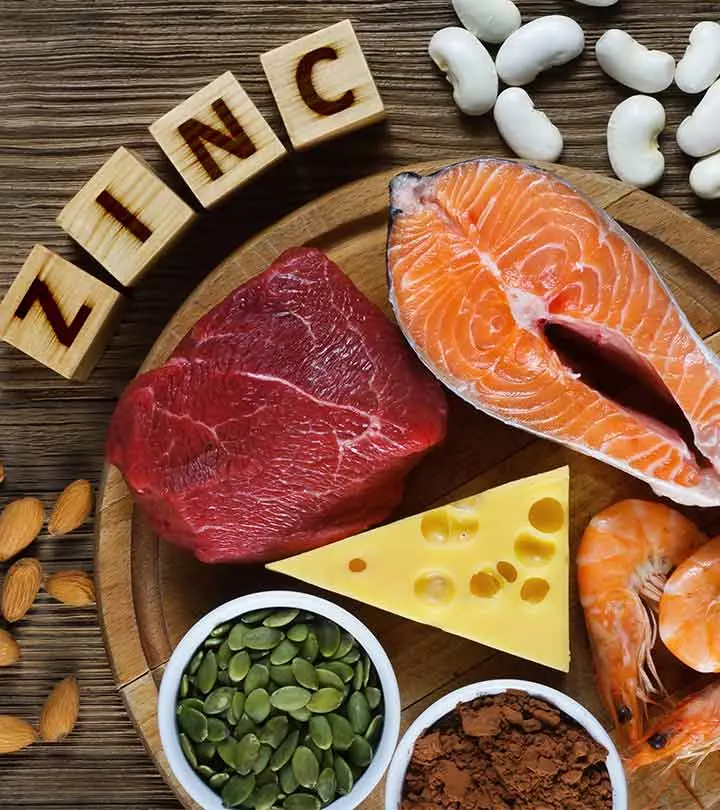
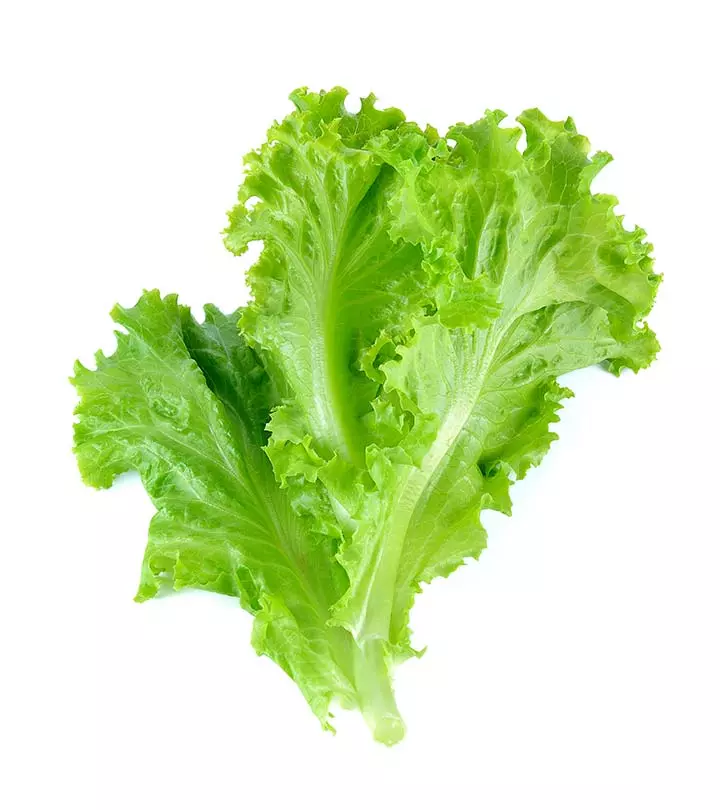
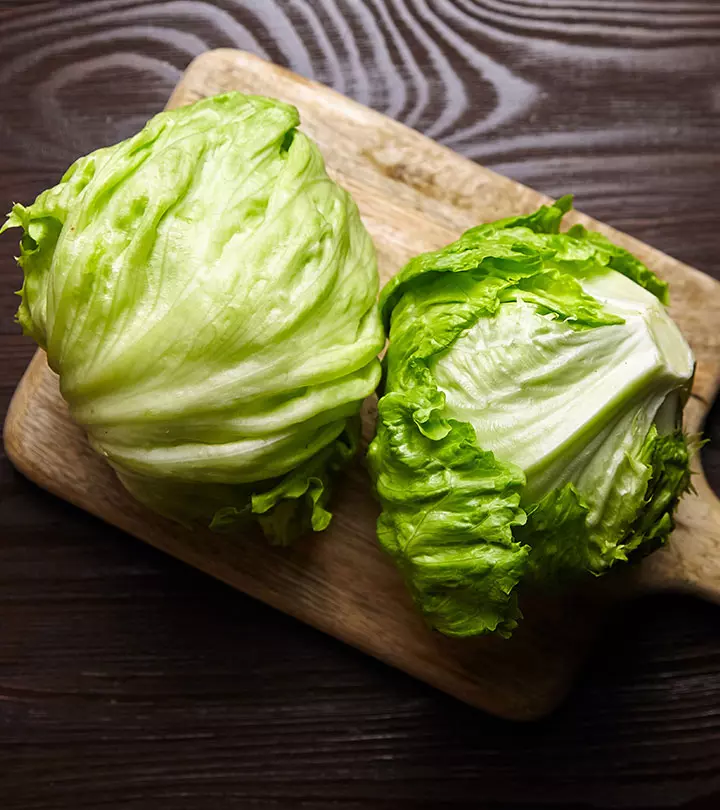
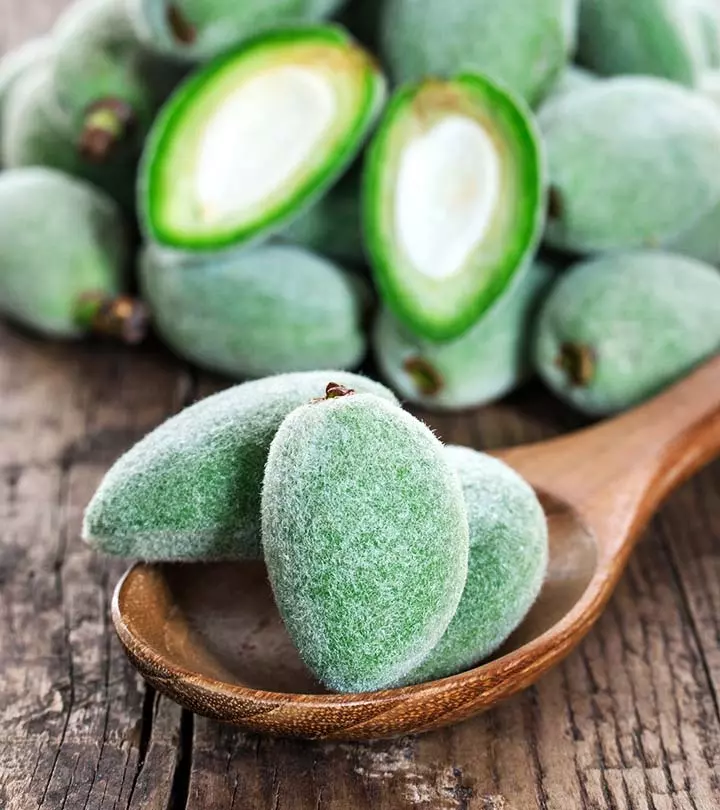
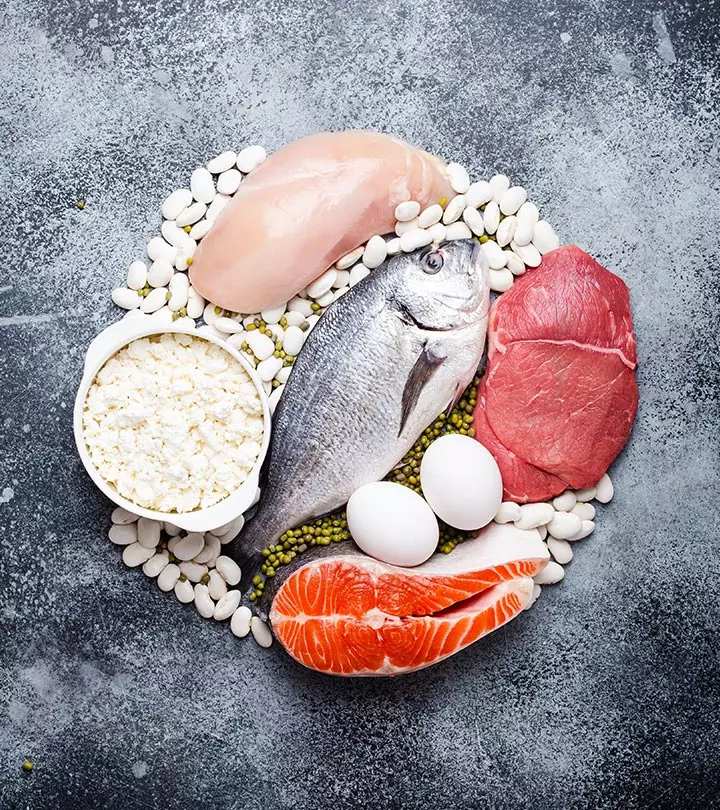
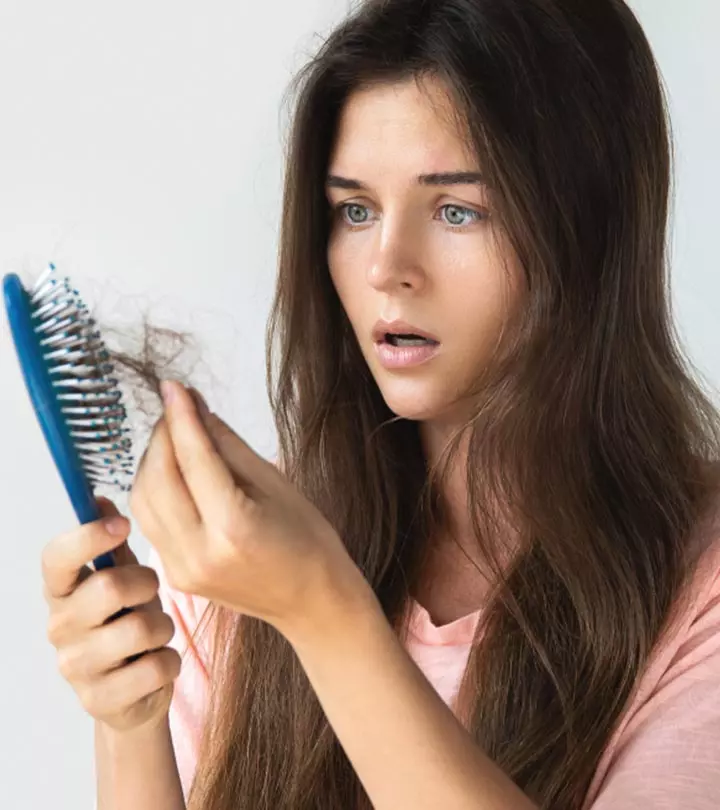
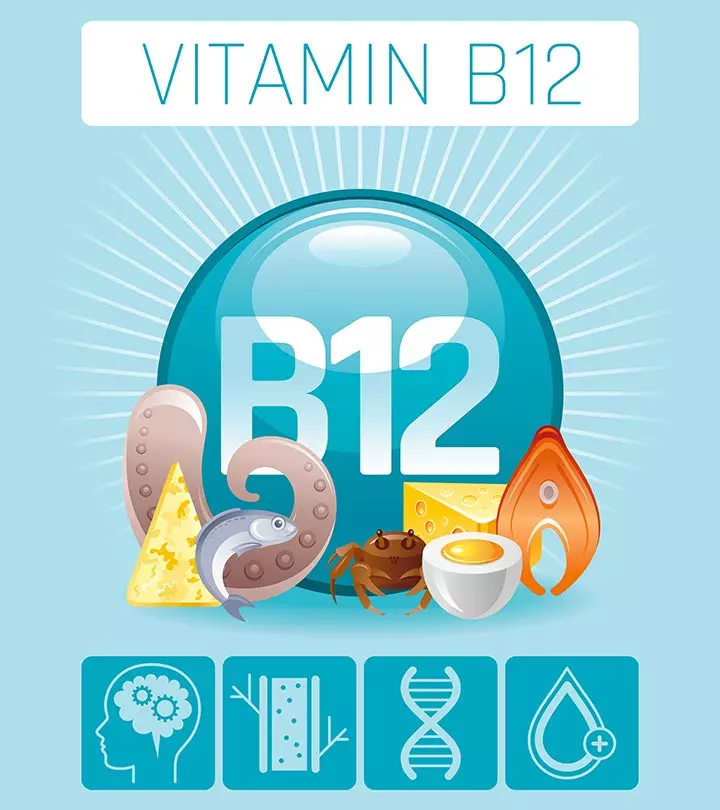
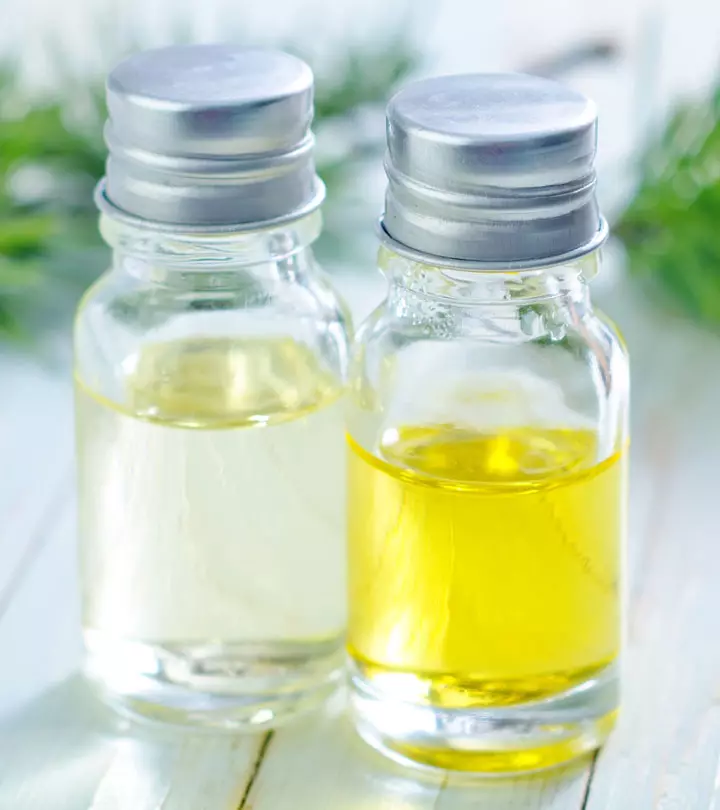
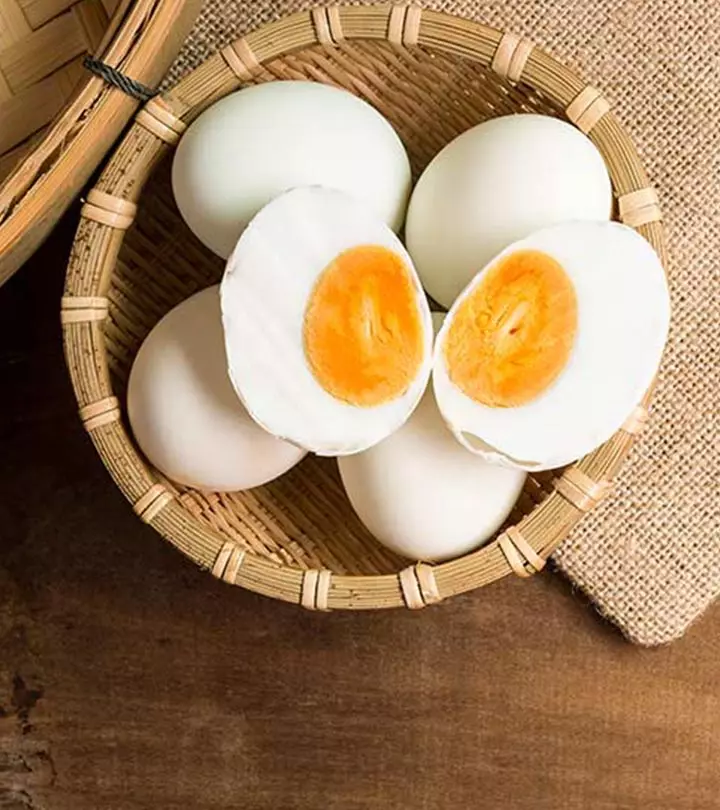

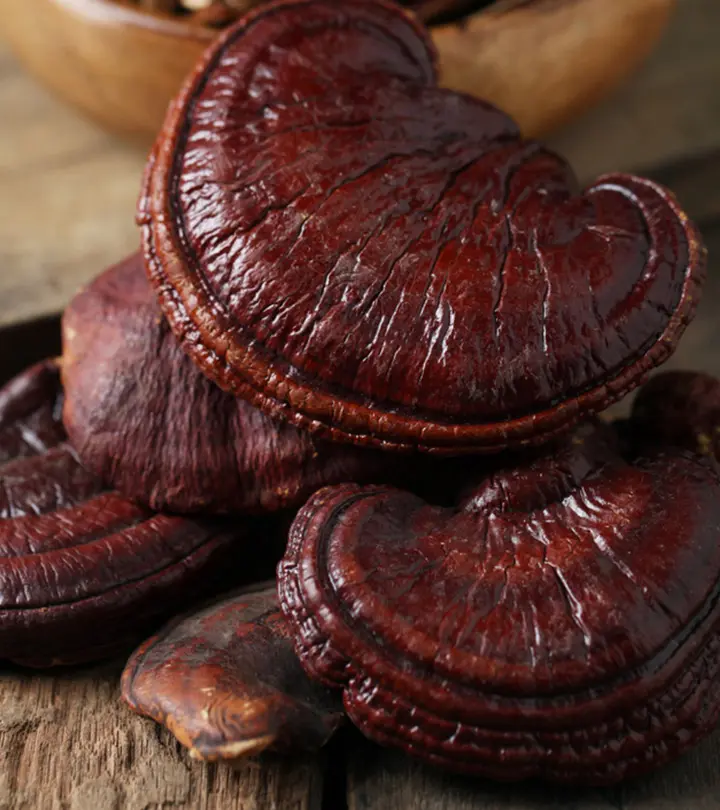
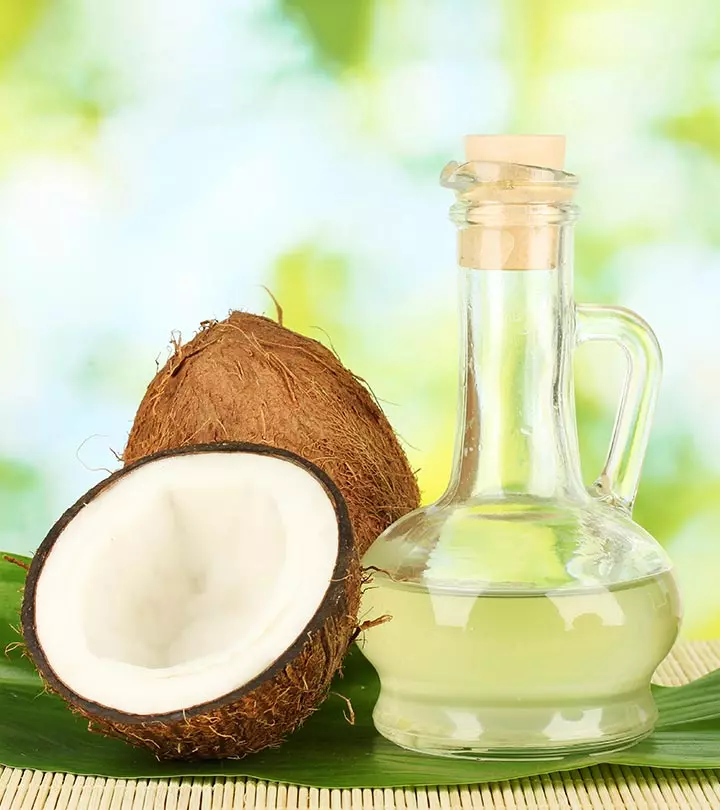

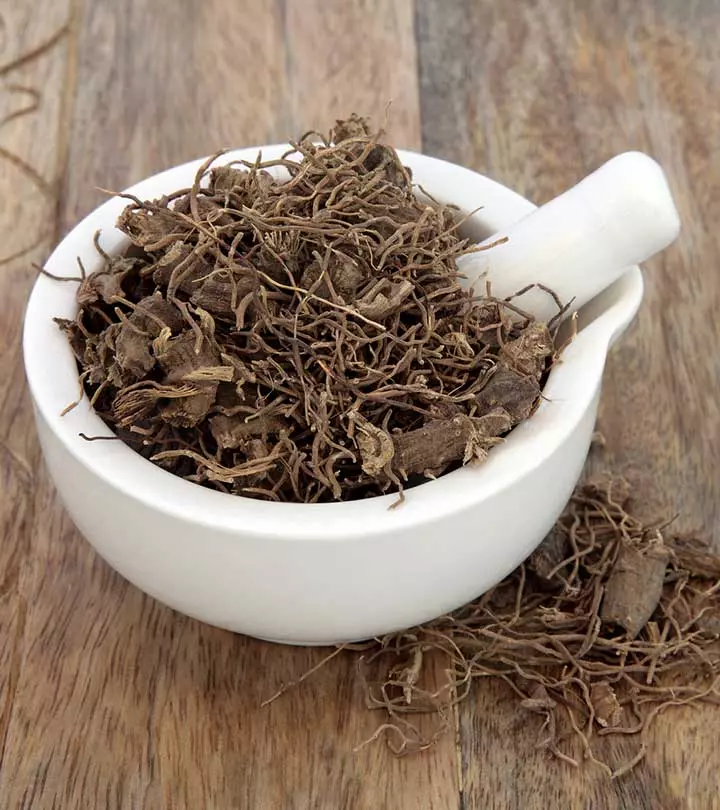
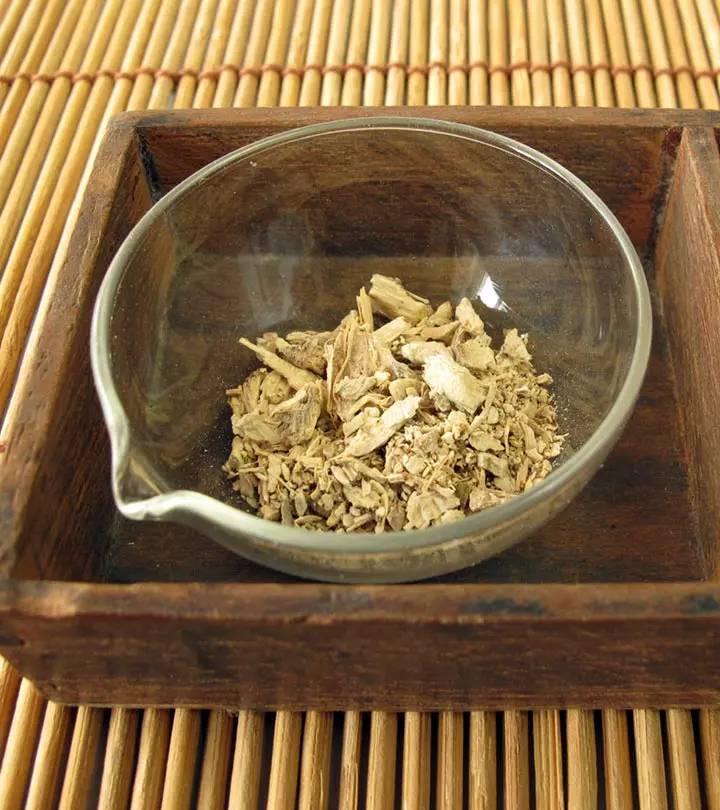
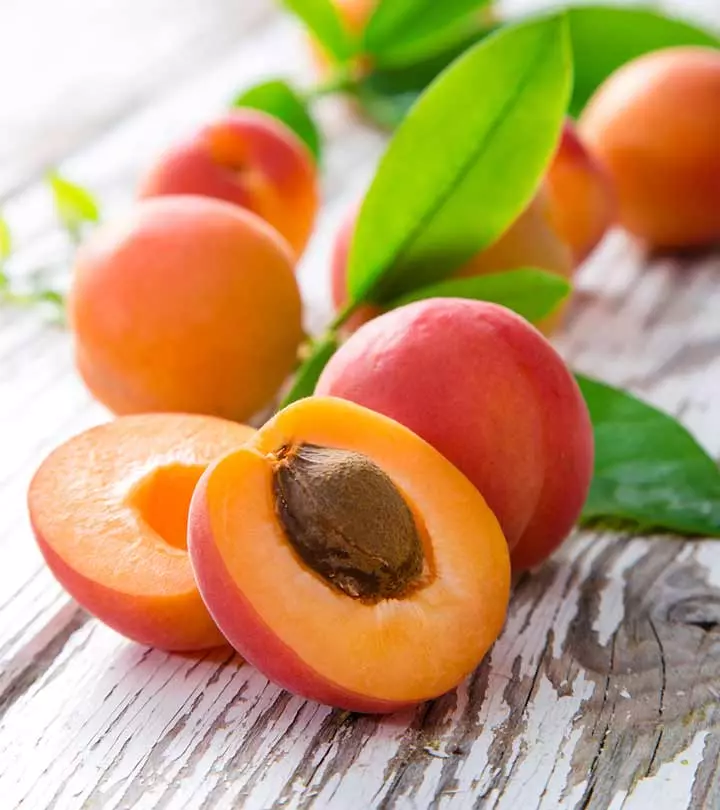
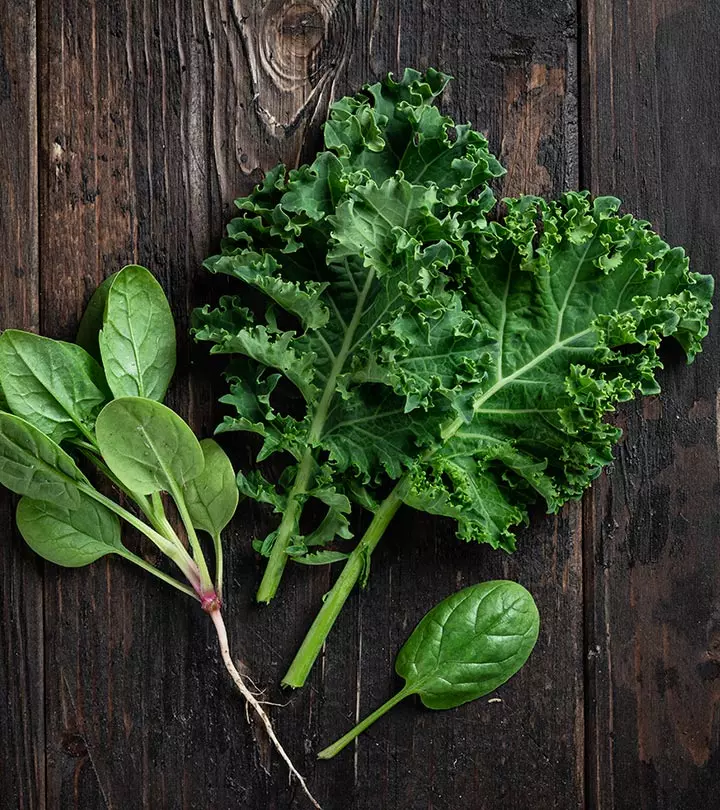
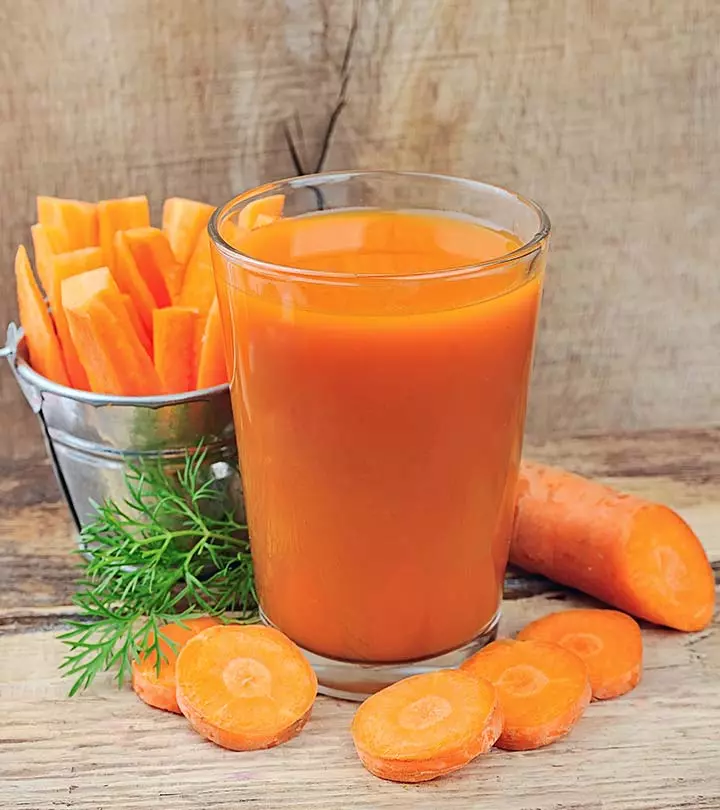
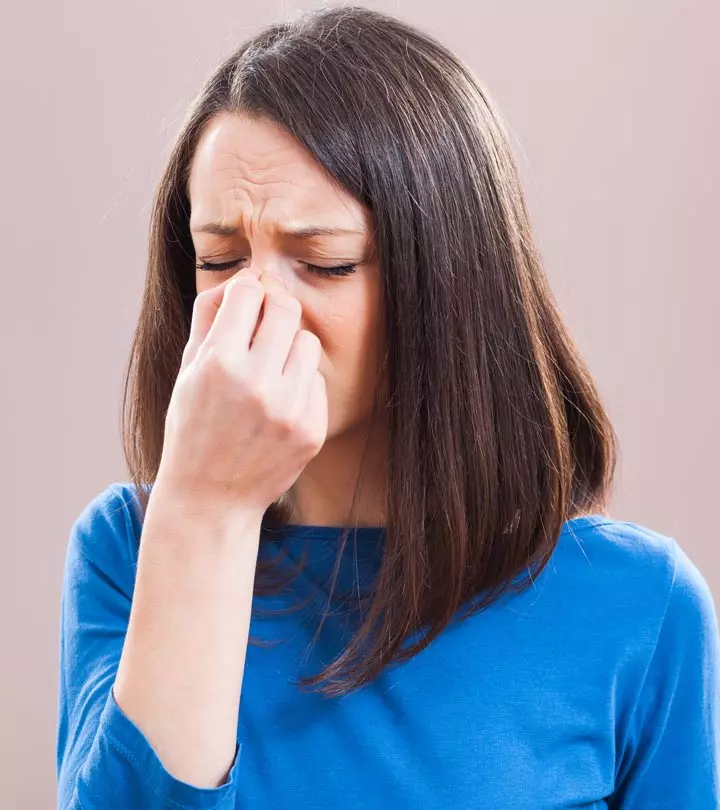
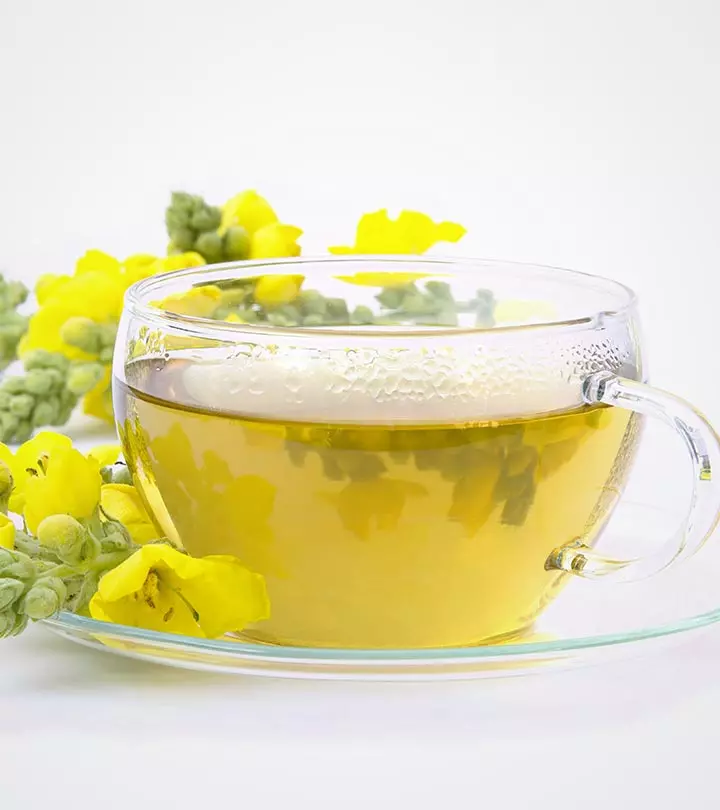
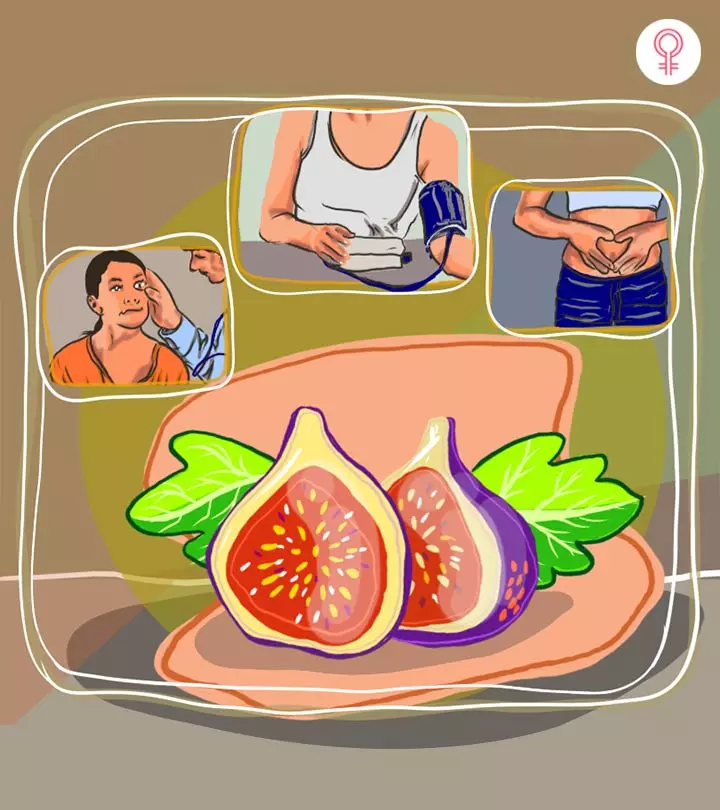
Community Experiences
Join the conversation and become a part of our empowering community! Share your stories, experiences, and insights to connect with other beauty, lifestyle, and health enthusiasts.